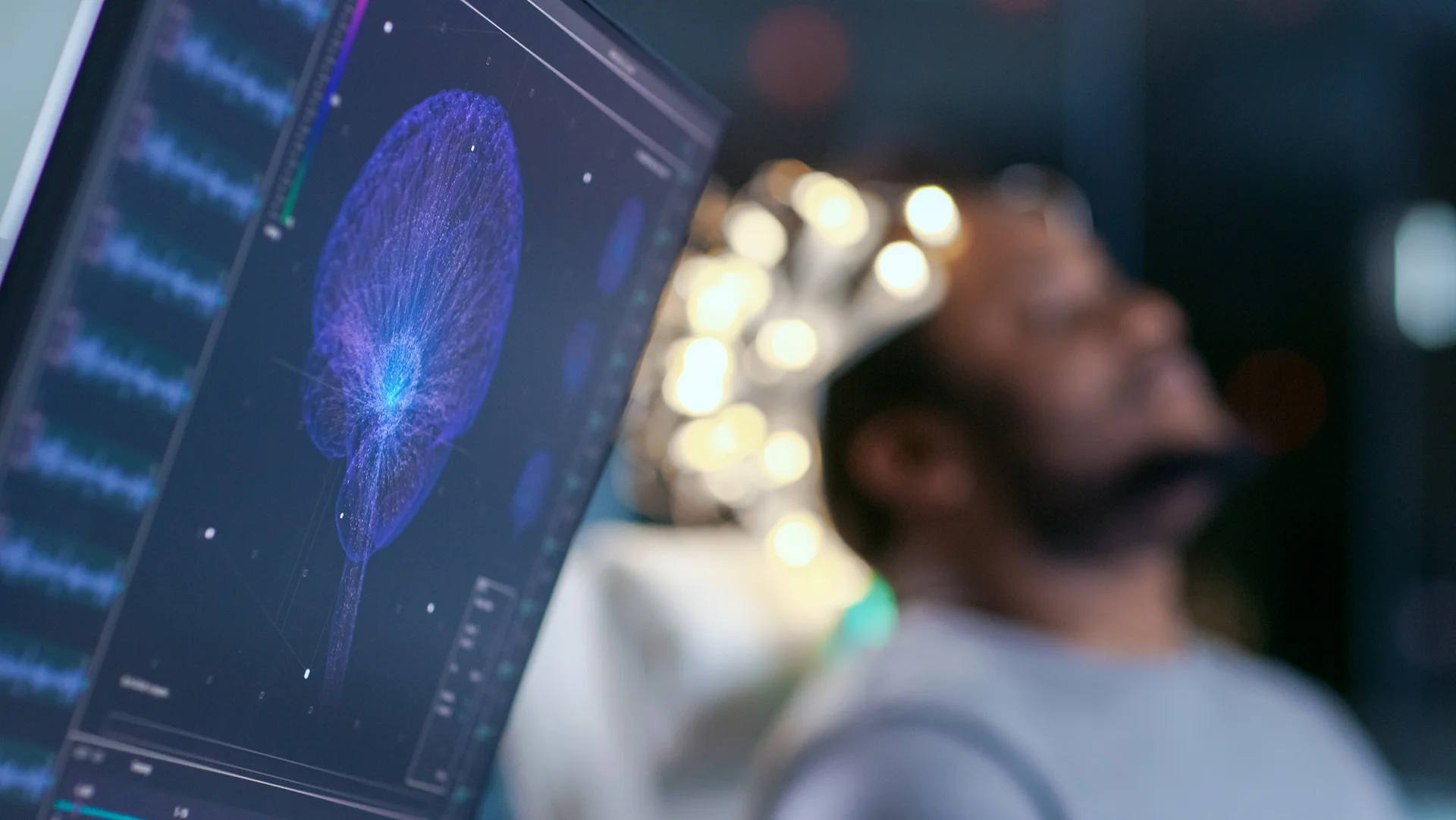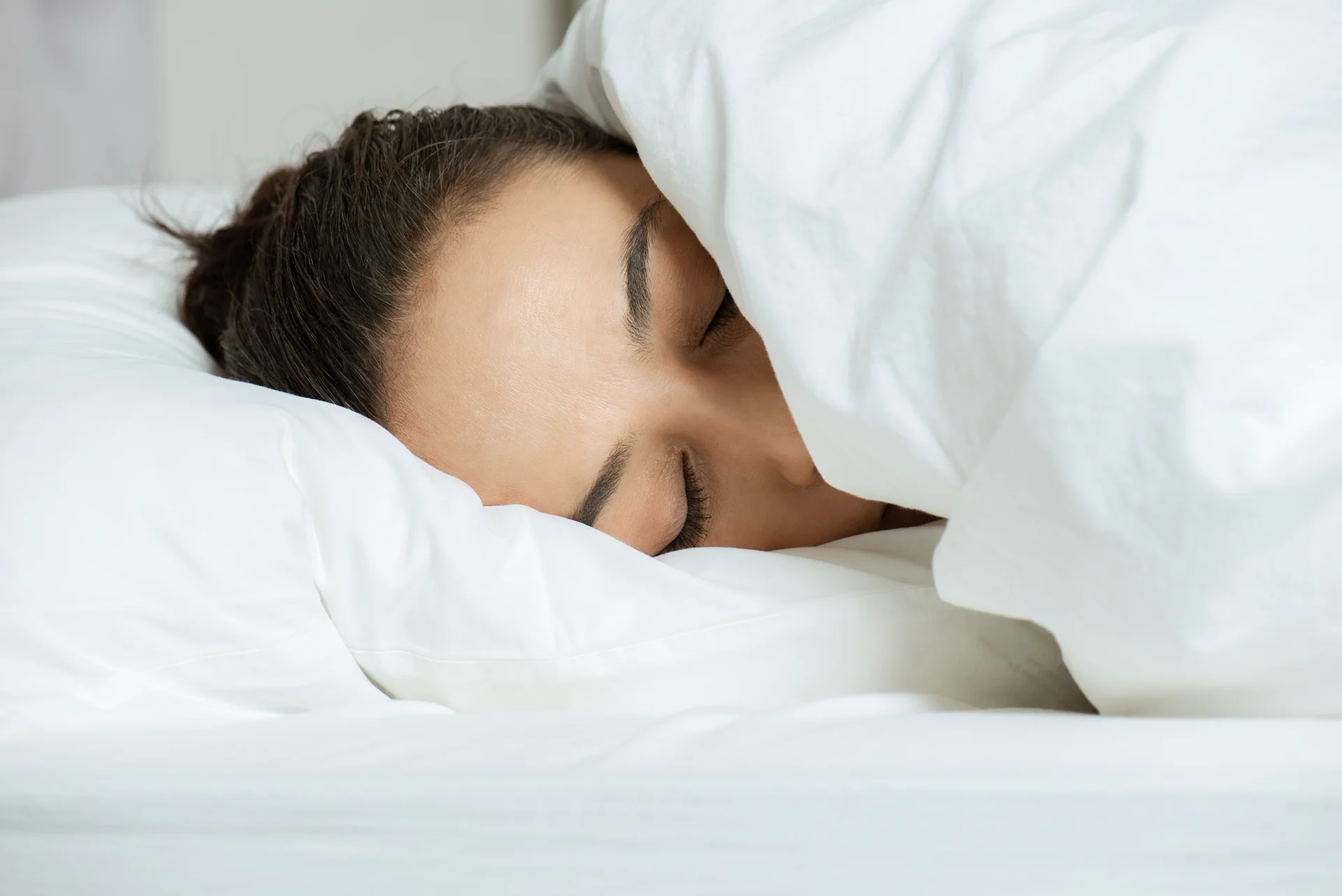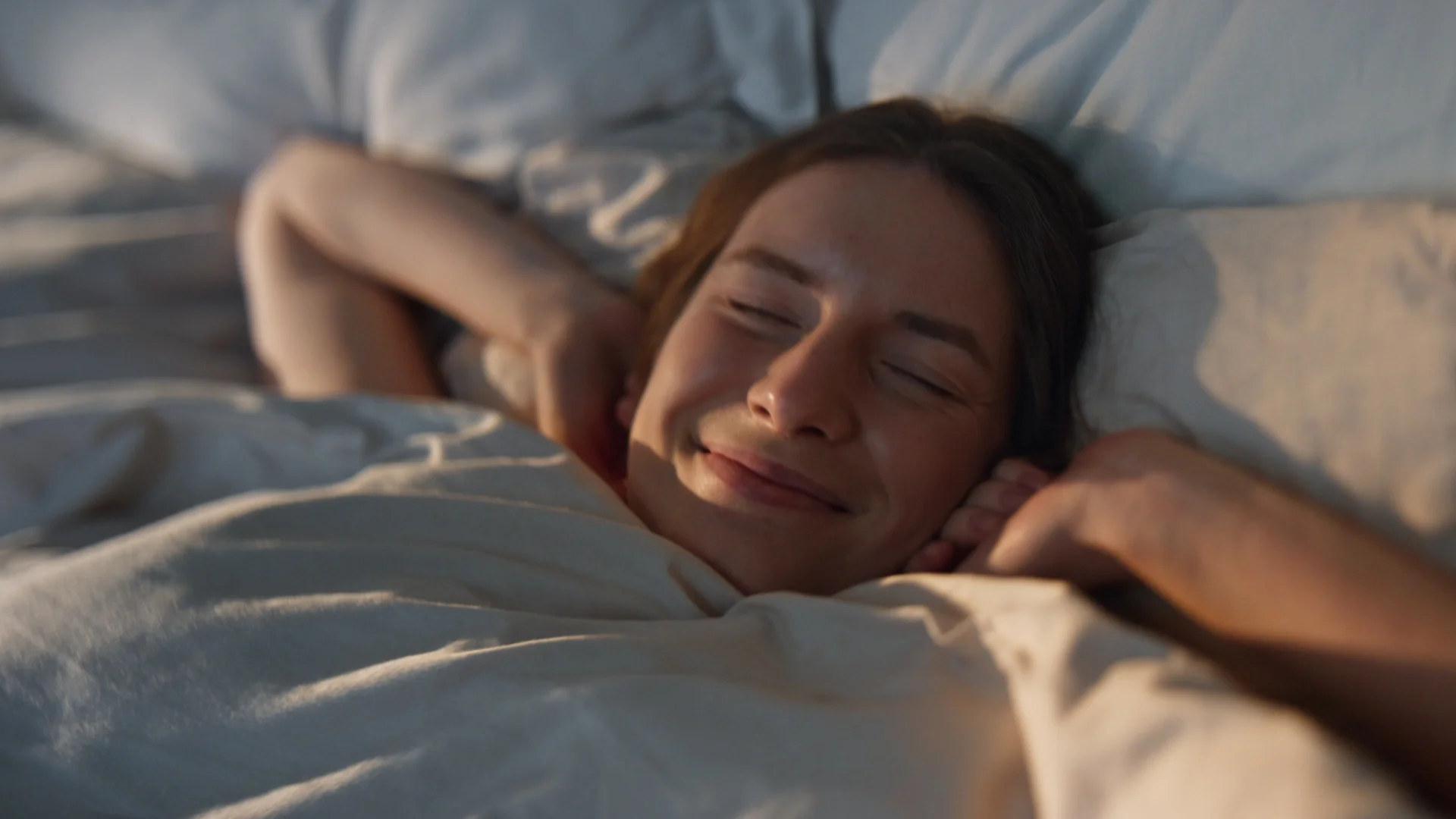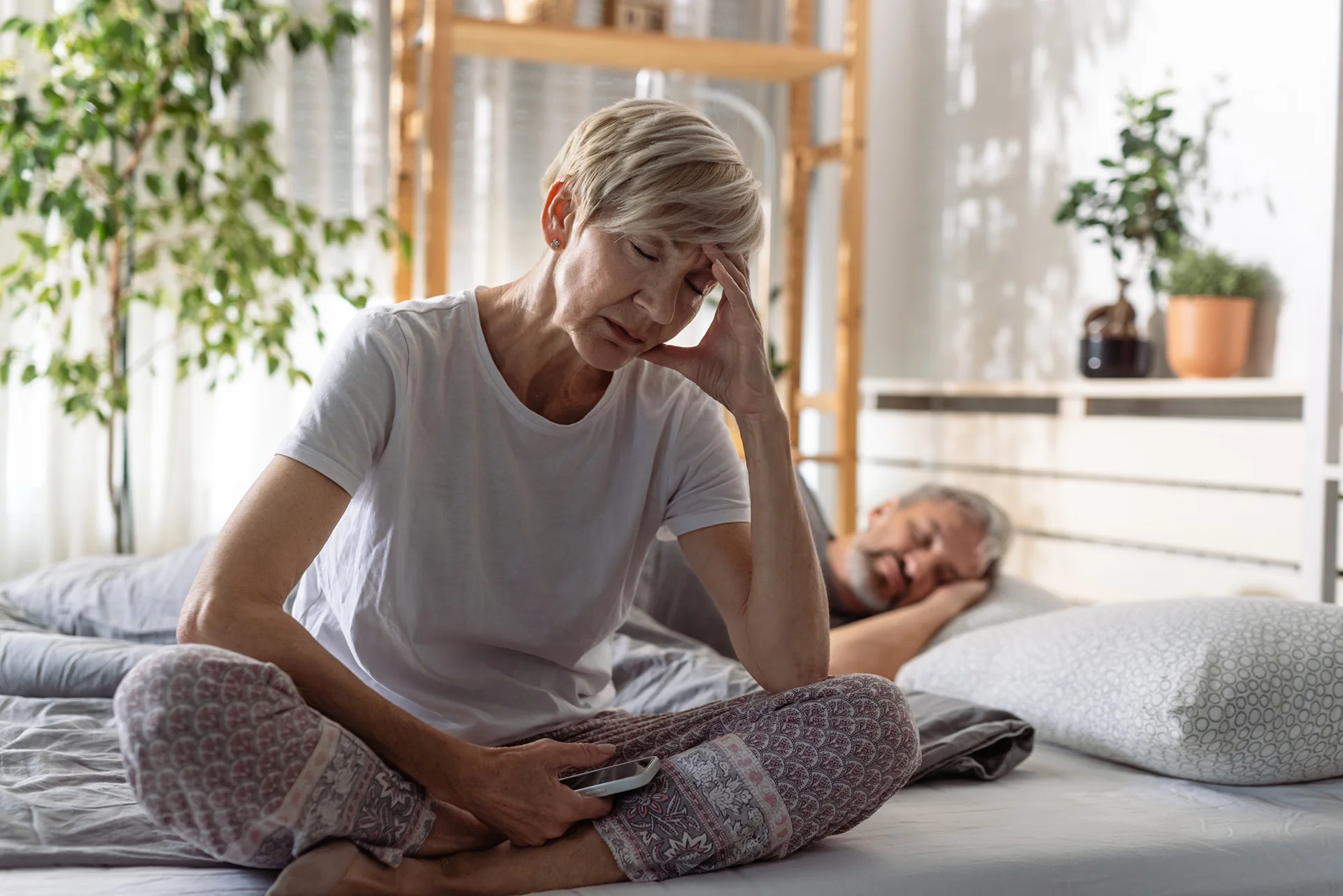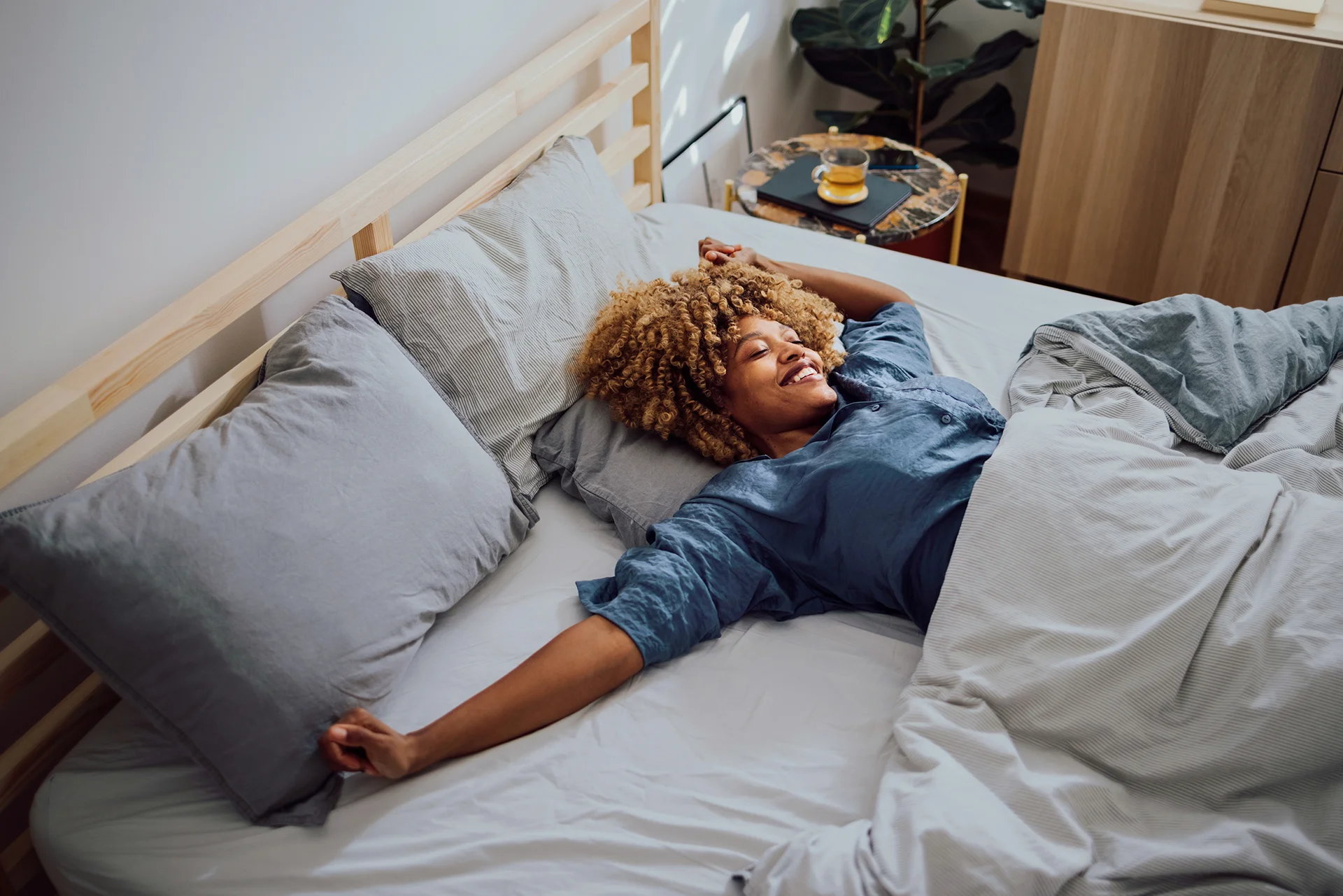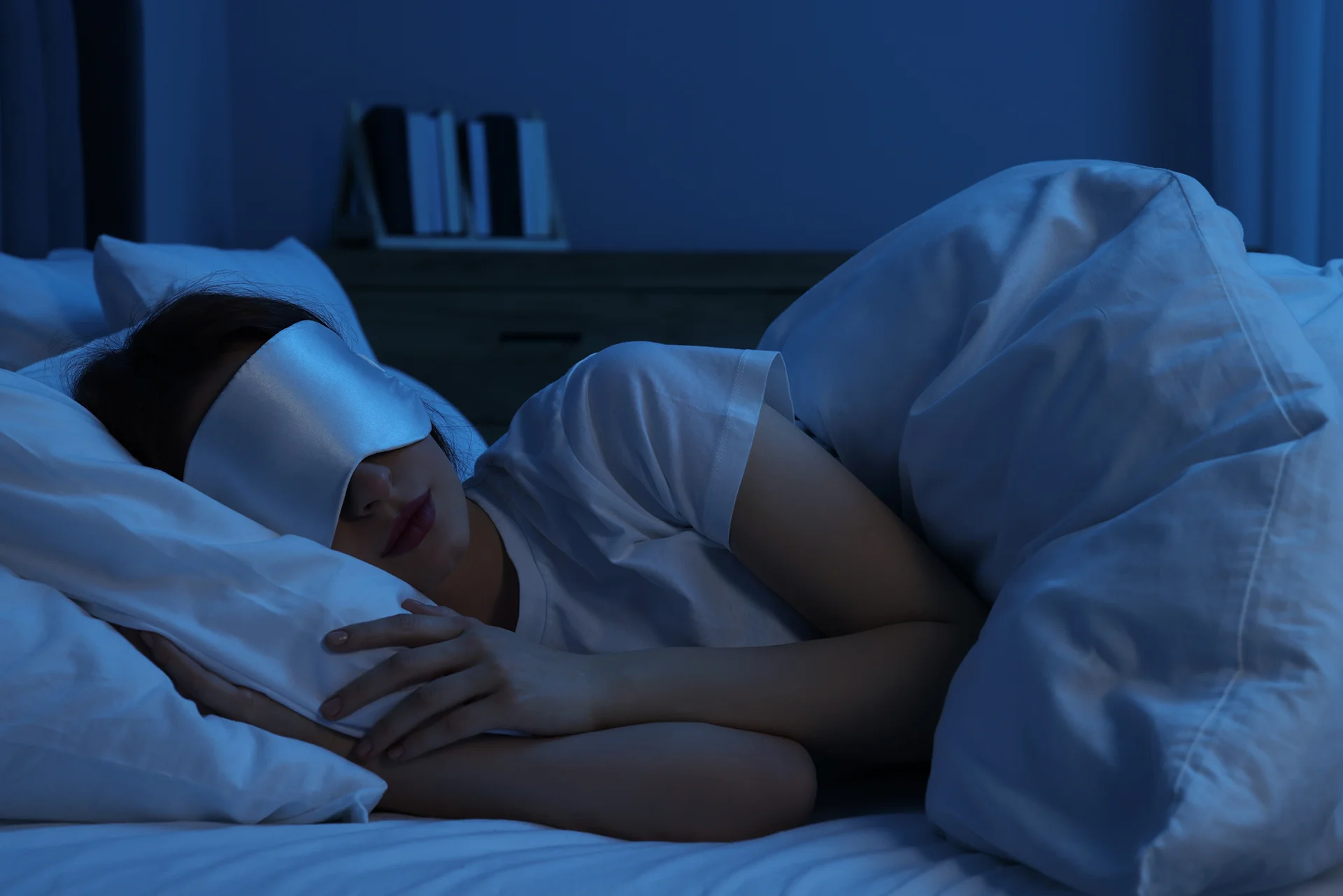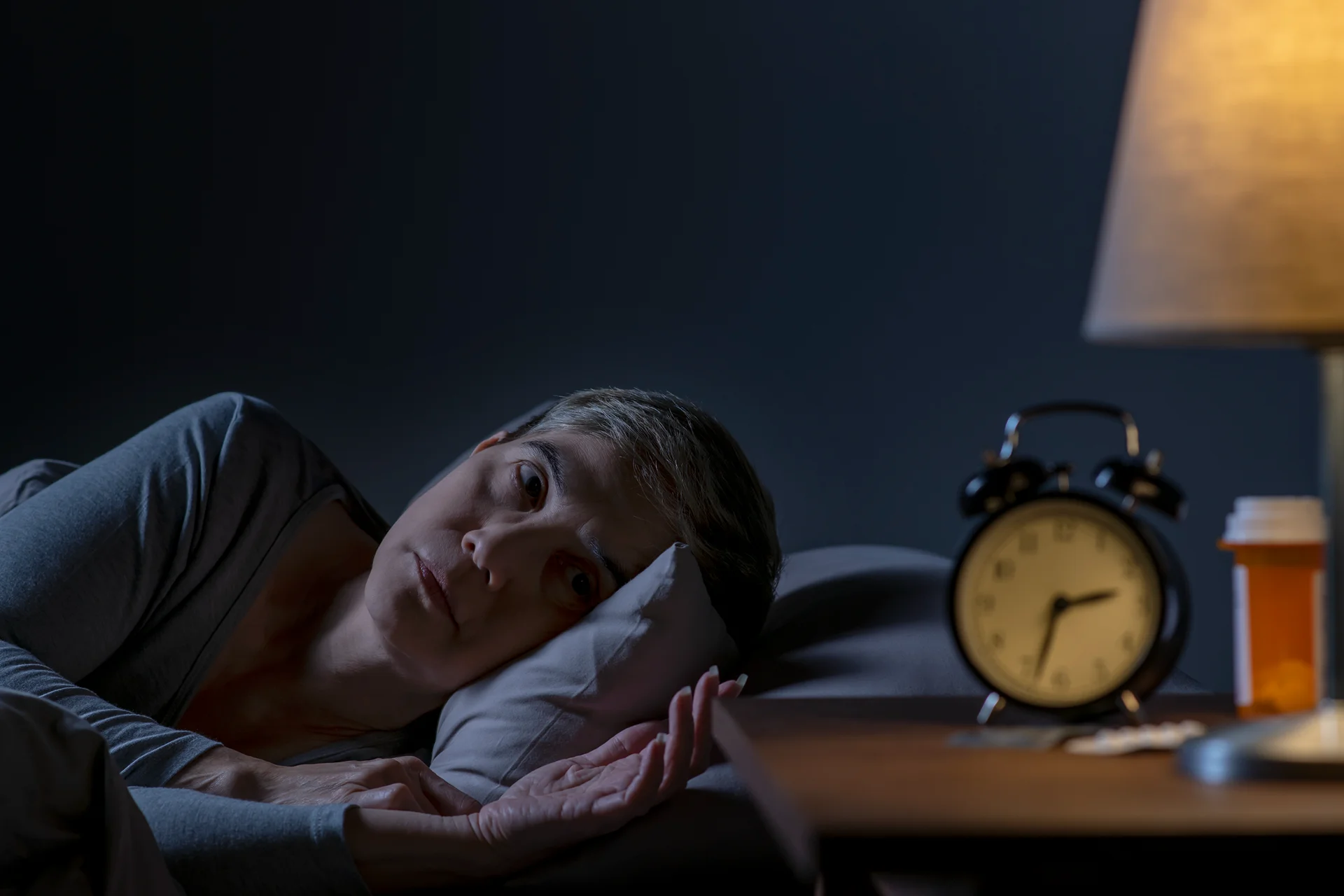Expert Care for Restful Nights
Sleep disorders can significantly impact quality of life, causing excessive daytime fatigue, work performance issues, relationship conflicts, and more.
Difficulty sleeping takes a toll on both physical and mental health.
At The Snore Centers, our providers specialize in accurately diagnosing and effectively treating the full range of sleep disorders.
Root Causes of Sleep Disturbances
From insomnia and narcolepsy to sleep apnea, parasomnias, and circadian rhythm disorders, the experts at The Snore Centers have extensive training and experience evaluating sleep problems.
We perform thorough assessments, including detailed history reviews, physical exams, sleep studies, and other necessary testing to pinpoint the underlying condition leading to your sleep disturbance.
Our team works diligently to identify any coexisting medical, neurological or mental health disorders that could be interfering with sleep. Accurate diagnosis is the first step toward successful and lasting treatment.
What types of sleep disorders do neurologists treat?
Neurologists can diagnose and treat the full spectrum of sleep disorders including insomnia, sleep apnea, narcolepsy, restless legs syndrome, circadian rhythm disorders, parasomnias like sleepwalking, and more.
Why see a neurologist for sleep issues vs. a primary care doctor?
Neurologists specialize in the brain, nervous system, and neurological conditions, so they have advanced expertise in sleep disorders arising from brain signaling dysfunction.
Do I need a referral to see a neurology sleep specialist?
You typically need a referral from your primary care physician or another specialist to schedule an appointment with a neurologist for sleep disorders.
Comprehensive Sleep Testing for Optimized Results
The Snore Centers utilizes polysomnography (PSG) testing equipment and protocols in our on-site, accredited sleep lab facility.
Our provider will monitor your brain waves, breathing, heart rate, leg movements and more during your customized overnight sleep study.
The detailed PSG results enable our neurology experts to comprehensively evaluate sleep architecture and detect issues including:
- Breathing disturbances like sleep apnea
- Restless leg movements
- Abnormal cardiac rhythms
- Parasomnia episodes (sleepwalking, etc.)
- Inadequate sleep stages
- Other sleep impairments
Your customized testing provides the data needed to diagnose sleep disorders with confidence and precision.
Individualized Treatment Plans for Restful Sleep
Every patient is unique, so treatment plans are aligned to each person’s sleep diagnosis and medical history.
In general, there are multimodal therapies to address sleep disorders, including:
- Prescribing sleep medications when appropriate to regulate sleep cycles. We carefully consider medication interactions and side effects.
- Providing oral appliance or CPAP recommendations for sleep apnea sufferers, to maintain airway patency during sleep.
- Teaching behavioral and sleep hygiene techniques to enhance sleep quality without drugs.
- Adjusting co-existing medications that may interfere with sleep.
- Developing nutrition plans to optimize energy levels and sleep health.
- Coordinating care with psychologists or psychiatrists for therapy to reduce anxiety, depression and stress that disrupt sleep.
- Recommending physical therapy, massage or acupuncture to improve pain issues affecting sleep.
- Monitoring sleep study data over time and modifying therapy accordingly for the best results.
Our medical team looks at the whole person to resolve multi-factorial sleep challenges. We partner with you on targeted treatment to improve your sleep duration, efficiency and restfulness.
Revolutionary NightLase® Therapy for Enhanced Sleep
The Snore Centers also offers the innovative NightLase® therapy, a revolutionary laser treatment that enhances sleep and reduces snoring, with no drugs or devices needed.
This non-invasive technique uses laser energy to tighten tissues in the soft palate, tonsils and tongue that obstruct breathing and disrupt sleep.
By reducing tissue laxity, NightLase® opens crowded airways for easier breathing and improved oxygen levels during sleep. Clinical studies show excellent results for sleep apnea patients.
The benefits of NightLase® include:
- Non-invasive with no anesthesia or chemicals needed.
- Highly effective at reducing snoring and sleep disturbances.
- Requires only 3-5 brief sessions spaced over months.
- Provides lasting improvements for up to 1 year.
- Comfortable and convenient with no devices worn during sleep.
Ideal for sufferers who want non-intrusive relief, NightLase® is a game-changing sleep apnea solution. Our neurology sleep medicine experts can advise if you are a candidate for this revolutionary therapy.
Sleep Check-Ups and Follow-Up Care
At The Snore Centers, we partner with patients long-term to ensure sleep treatments remain optimized over time as health conditions evolve.
We recommend regular check-ups to review sleep study data, medications, CPAP settings, and additional therapy adjustments to maintain excellent sleep quantity and quality.
Our neurologists fine-tune sleep disorder treatment plans as needed for continuous improvement. We also provide sleep health education so patients understand how to self-manage their condition.
Getting rested, restorative sleep is vital for wellness. Our entire team is dedicated to helping patients resolve their unique sleep challenges once and for all. To learn more or schedule an appointment, contact The Snore Centers today. Sleep better tonight!
FAQ on Neurologists for Sleep Disorders
What tests do neurologists use to diagnose sleep problems?
Neurologists can order sleep studies (polysomnography), EEG brain wave tests, MRI/CT scans, bloodwork, genetic testing, and other assessments to diagnose sleep disorders.
Can neurologists prescribe sleep medications if needed?
Yes, neurologists can prescribe sleep medication like sedatives or stimulants when appropriate to help regulate sleep cycles and treat neurological sleep disorders.
How can neurologists treat sleep apnea?
For sleep apnea, neurologists may prescribe CPAP machines or oral appliances and also refer patients to ENT surgeons regarding tissue removal surgeries to open crowded airways.
Do neurologists recommend lifestyle changes for improving sleep?
Neurologists often suggest sleep hygiene tips like limiting blue light exposure at night, avoiding caffeine before bedtime, optimizing sleep environments, and managing stress levels.
Will my health insurance cover seeing a neurologist for sleep disorders?
Most health insurance plans cover neurology care including sleep medicine services, but be sure to check your specific medical coverage and deductible details.
Can children see a pediatric neurologist for sleep issues?
Yes, pediatric neurologists can evaluate and treat sleep disturbances in infants, children and adolescents using age-appropriate testing and therapy.
How often should I follow up with a neurologist for ongoing sleep disorder care?
Your neurologist will recommend follow-up frequency based on your diagnosis, but most patients need to follow up every few months for sleep study reviews, medication adjustments, and therapy modifications.


